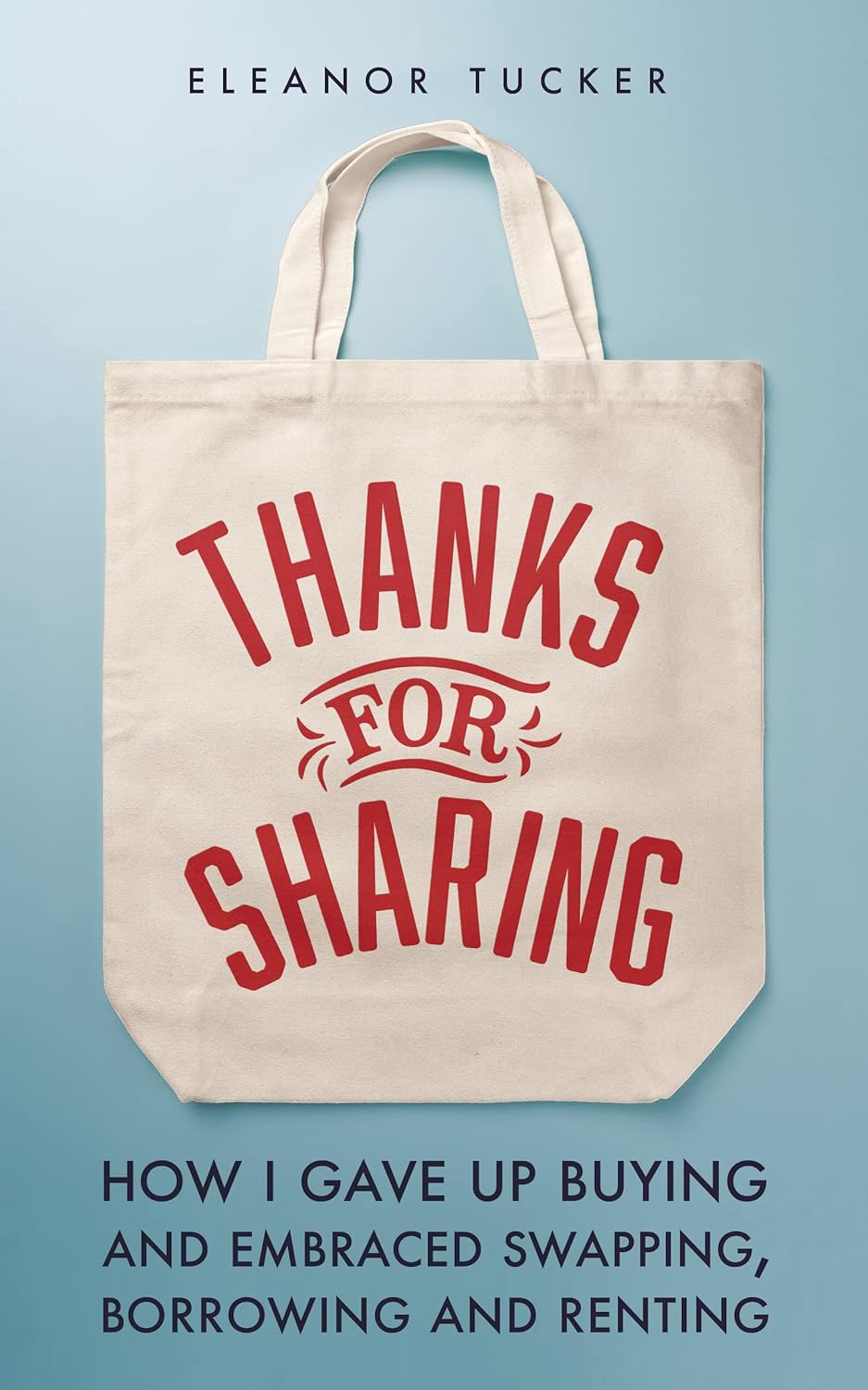How and Where to Find Affordable Dental Care

Although in England we are fortunate to be able to find a GP on the NHS, it’s more difficult to find a dentist, with many people literally pulling out their own teeth, as they can’t afford private dental care.
For emergencies, you can phone NHS 111 and be referred to the nearest emergency dental clinic (you’ll only pay NHS prices for treatment) or as a last resort, visit A & E.
Private dental care prices are astronomical (up to £1000 for a crown) or even £100 to register for a check-up and the same for a polish and clean. Insurance plans are not usually worth it for big work (only to spread the cost for check-ups) and 0% interest may be okay, but many people won’t qualify.
Never use brands of toothpaste, gum or mouthwash sweetened with xylitol near pets (if they lick leftovers from around your mouth or sink, it could be fatal – there should be pack warnings).
How to Find Affordable Dental Care
- Use the NHS website to find local practices accepting NHS patients. You’ll be lucky to find one.
- Some people on benefits (plus children and pregnant women) and NHS Low Income Scheme qualify for free treatment (free services cover pain, fillings and antibiotics).
- Dentaid The Dental Charity runs mobile and pop-up clinics nationwide, and also works with shelters and food banks.
- Community Dental Services supports homeless people and those with special needs (learning disabilities, mental health issues or severe anxiety – being ‘frightened of dentists’ doesn’t count!
- Dental schools offer up to 50% discount (treatment is by supervised students, before they qualify).
- Some dentists offer ‘sliding scale rates’ based on income, or bundles for several treatments for one payment.
If your dentist recommends a package of treatment to pay with insurance, ensure he or she is only doing what you need (a few knowing the treatment is covered, may add unnecessary extras like cosmetic procedures. It may be 0%, but you’re still paying for it.
Most dentists say having cheap treatment abroad is not a good idea, because it’s often not of the same standard, and if your crowns or bridges fall off once home, you’ll have to pay for a dentist here anyway. All UK dentists are registered with the British Dental Council, for best practice.






